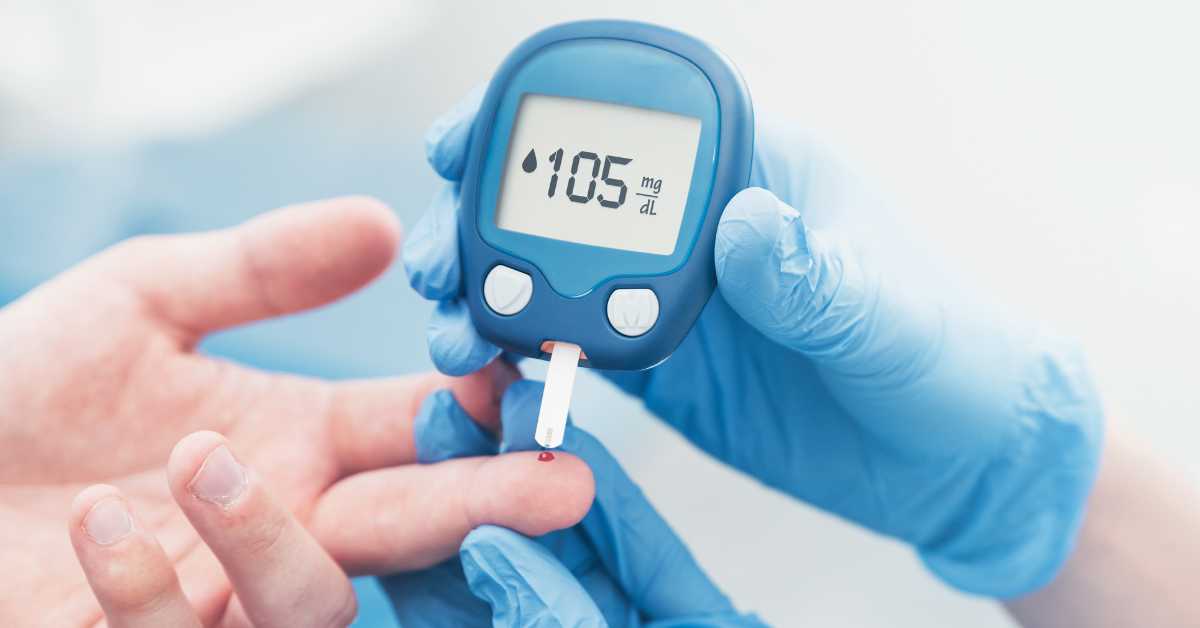SSD Benefits for Diabetes

Although it can be difficult to qualify for Social Security Disability (SSD) benefits for diabetes, there are some situations in which it may be possible.
To be eligible, you must have uncontrolled diabetes that has stopped you from working for at least one year or you expect that you will not be able to work for the next 12 months. This does not include situations where your diabetes is not controlled because you are not following your doctor’s recommendations.
Although having diabetes alone is typically not enough to qualify for SSD benefits, having additional conditions that meet the Social Security Administration’s (SSA) requirements, can help.
The following complications are more likely to qualify for SSD benefits.
- Diabetic retinopathy: If your diabetes has caused complications to your eyes, you may be able to receive benefits. You should have between 20/100 and 20/200 in your good eye or had surgery to correct your central vision, resulting in damage to your peripheral vision.
- Diabetic peripheral neuropathies: Diabetes occasionally causes nerve damage to the feet, hands, arms or legs. If you suffer from this condition, and it has affected your ability to work, then you are more likely to qualify for benefits.
- Diabetic nephropathy: Kidney diseases are often covered under SSD. You should have had a kidney transplant, high levels of creatine with symptoms of damage, nephrotic syndrome, or need regular dialysis to qualify.
- Amputation: Some amputations due to diabetes may also qualify you for benefits. Most that qualify come in twos, however. For example, amputation of both hands or amputation of one hand and one leg at or above the ankle would both increase your chances of receiving benefits. Pelvic amputation would also likely qualify.
- Poor healing skin or infections: The SSA allows benefits for certain Chronic Skin Infections. If you have lesions on your hands or feet that make it difficult to work or walk effectively, then you may qualify for benefits.
- Cardiovascular conditions: If you have a heart condition paired with diabetes, then you are more likely to qualify for SSD. If working would increase your risk of a cardiovascular event, then you may qualify. Be sure that your condition has been thoroughly documented by a doctor.
If you do not meet the requirements for any of these conditions, the SSA will review your medical documentation, your ability to work and the debilitating qualities of your condition in order to determine if you qualify for SSD benefits.
Navigating the application process for SSD benefits for diabetes can be complicated. If you are applying for benefits or if you have been denied benefits, it is best to speak with a Social Security Disability lawyer from our law firm today. Our attorneys are experienced in guiding individuals through this process.
For a free review of your claim, call 1-800-503-2000 today.
